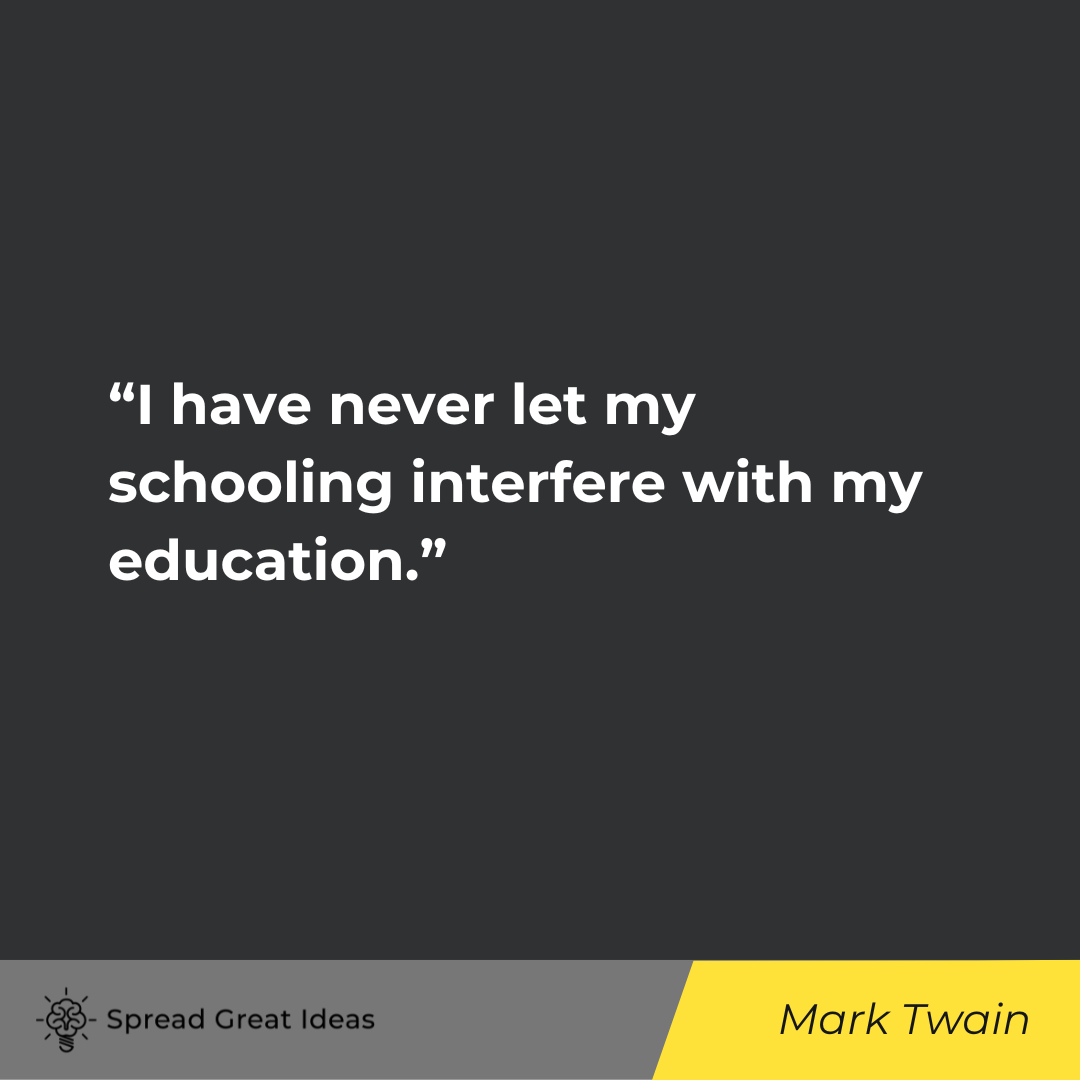Table of Contents

The masses suffer through 12 years of formal education. The nobler among us seek knowledge throughout their life for its own sake.
Education, self-education, and lifelong learning are about more than simply memorizing a list of facts. It is about learning how to think much more than it is about knowing what to think.
Practical skills are important, but so is “useless” knowledge. We learn not to become better salesmen or more accomplished golfers, but because we seek knowledge for its own sake. Knowledge needs no excuse — it is simply better to know than to not know.
But knowledge does have benefits: We become more well-rounded people. We gain nuance in our view of the world. And the brain is like a muscle — it atrophies when not put to use.
Whether learning a new skill or simply burying your face in great works of philosophy or literature, knowledge always gives more than it takes.
The Principles of Lifelong Learning Quotes
Henry Ford
“Anyone who stops learning is old, whether at twenty or eighty. Anyone who keeps learning stays young.”
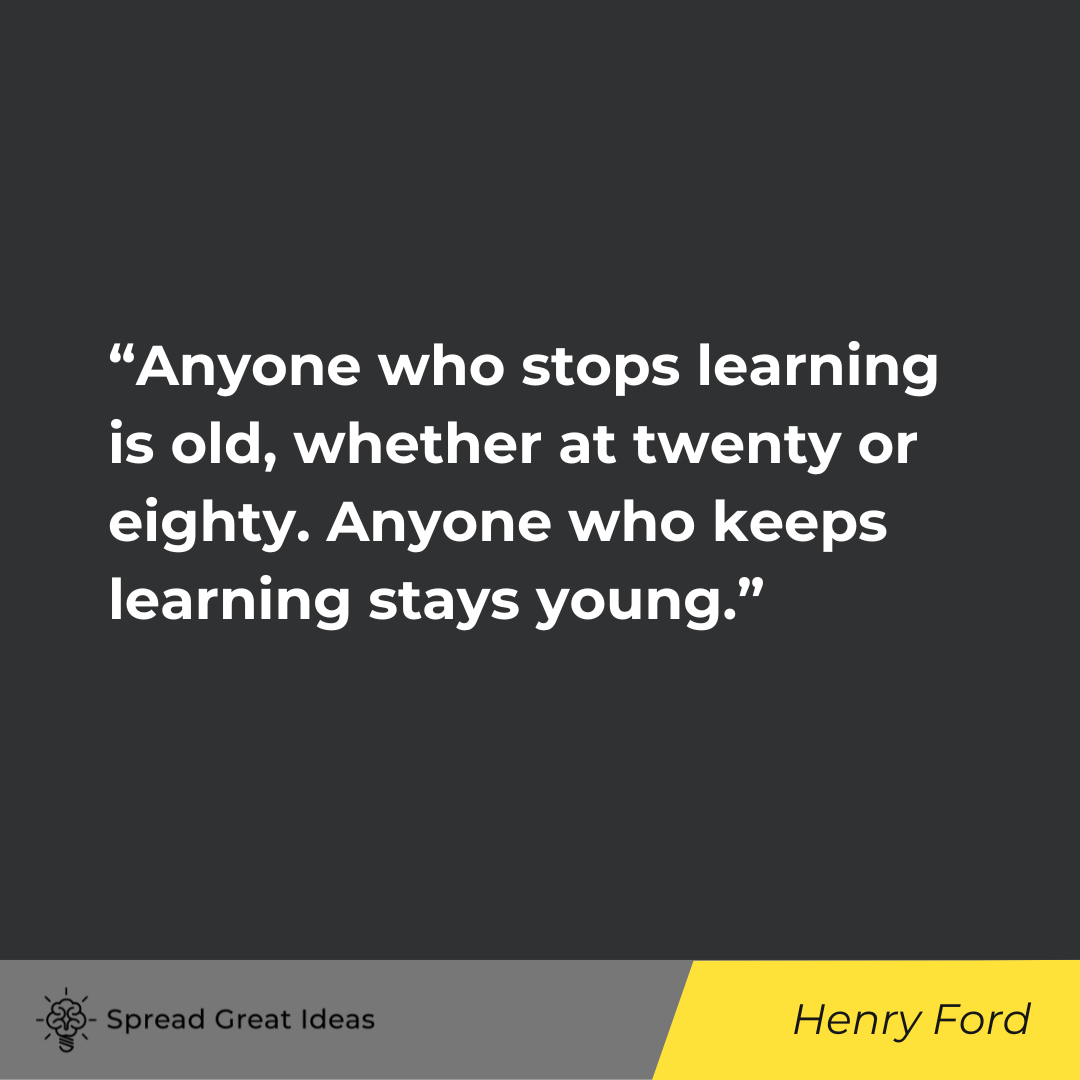
Albert Einstein
“Wisdom is not a product of schooling but of the lifelong attempt to acquire it.”
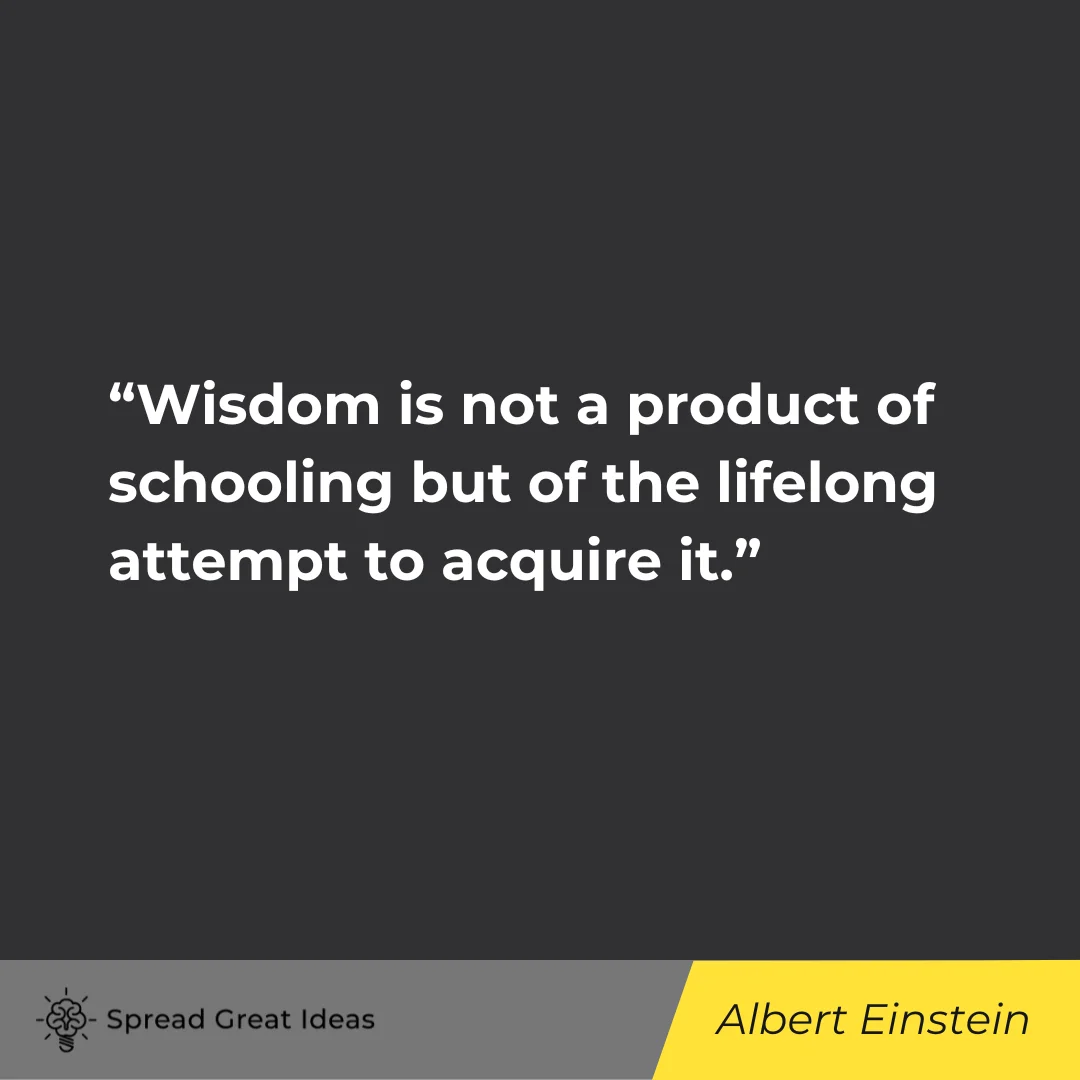
Voltaire
“The more I read, the more I acquire, the more certain I am that I know nothing.”
– Voltaire
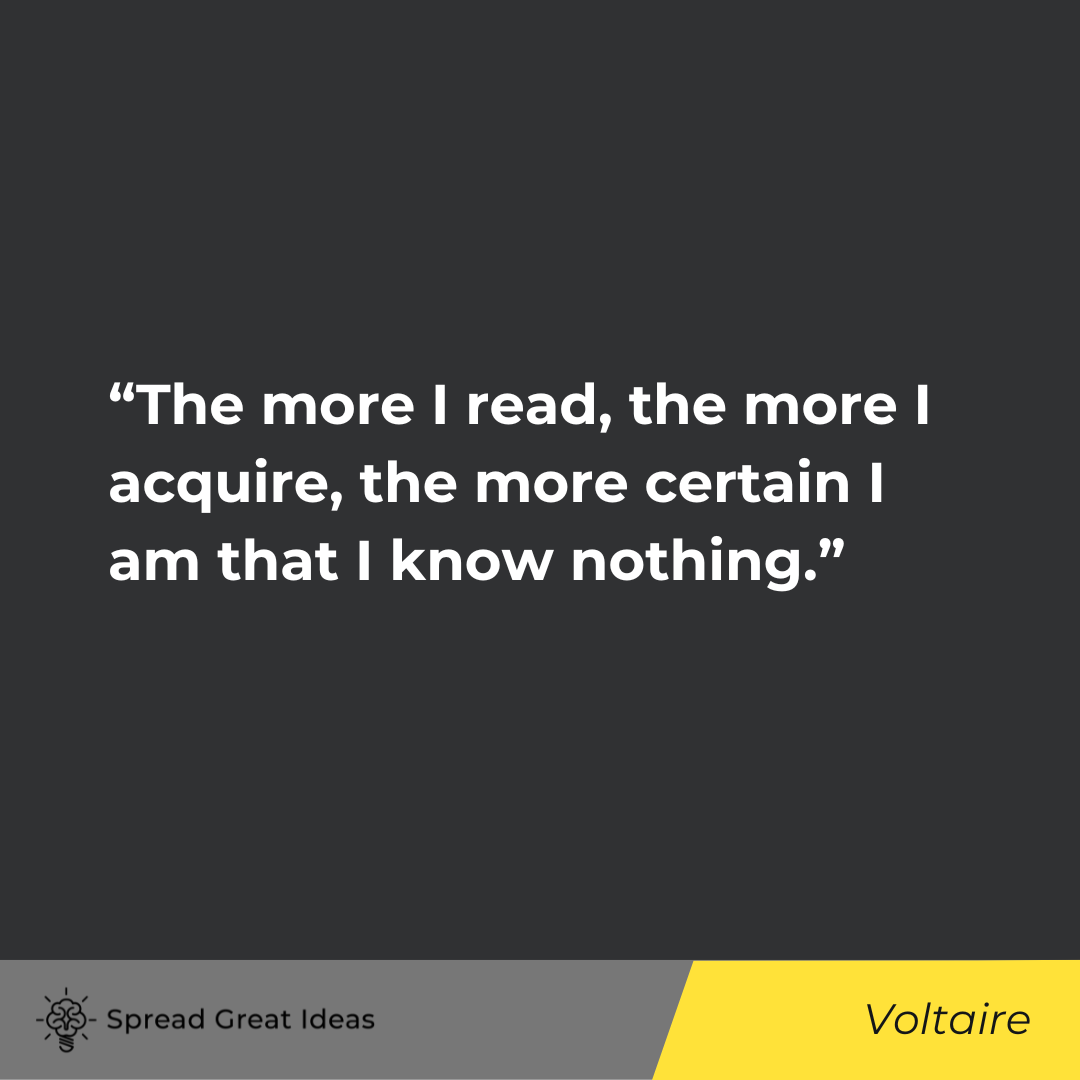
Plato
“To conquer oneself is the best and noblest victory; to be vanquished by one’s own nature is the worst and most ignoble defeat.”
– Plato
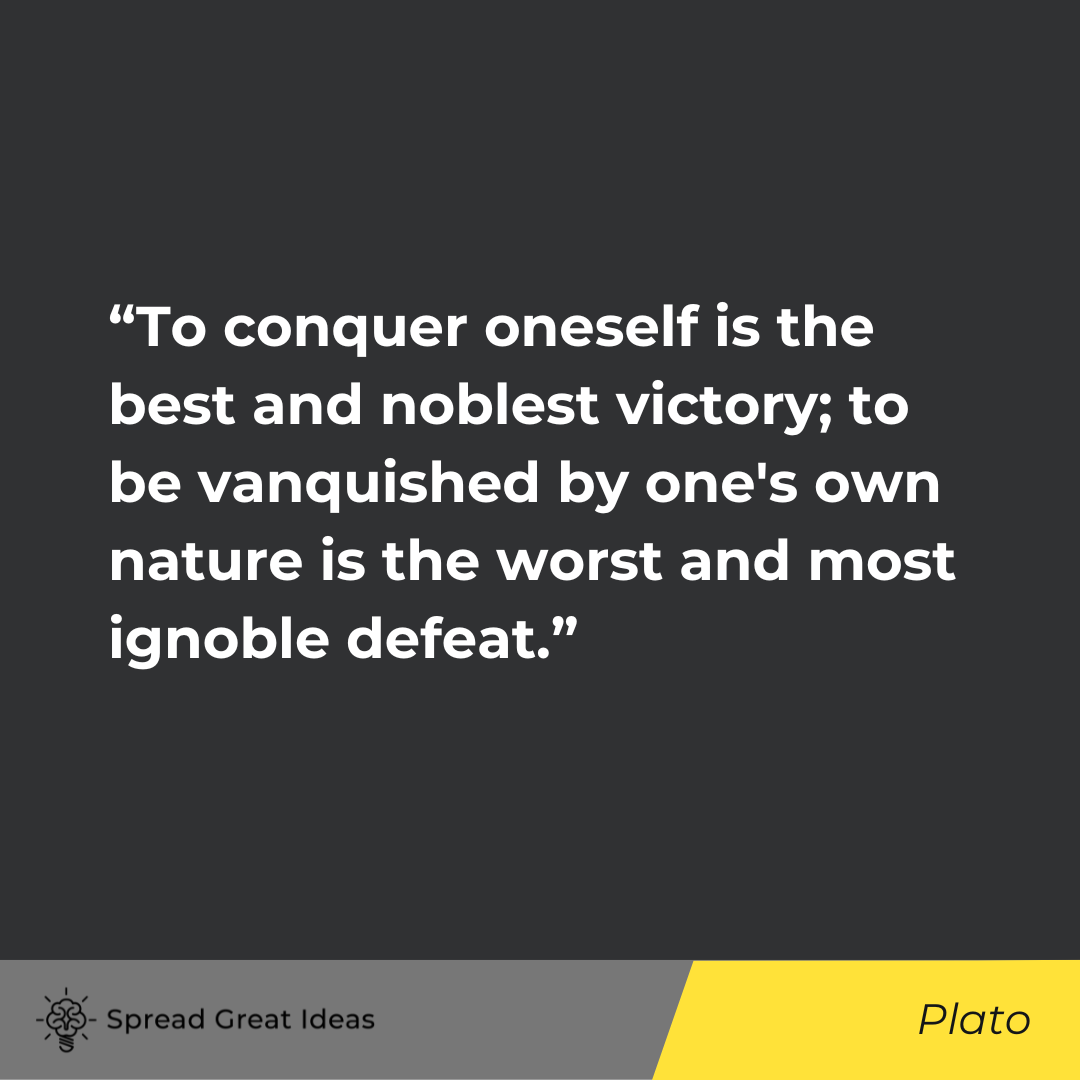
Michael Faraday
“I will simply express my strong belief, that that point of self-education which consists in teaching the mind to resist its desires and inclinations, until they are proved to be right, is the most important of all, not only in things of natural philosophy, but in every department of daily life.”
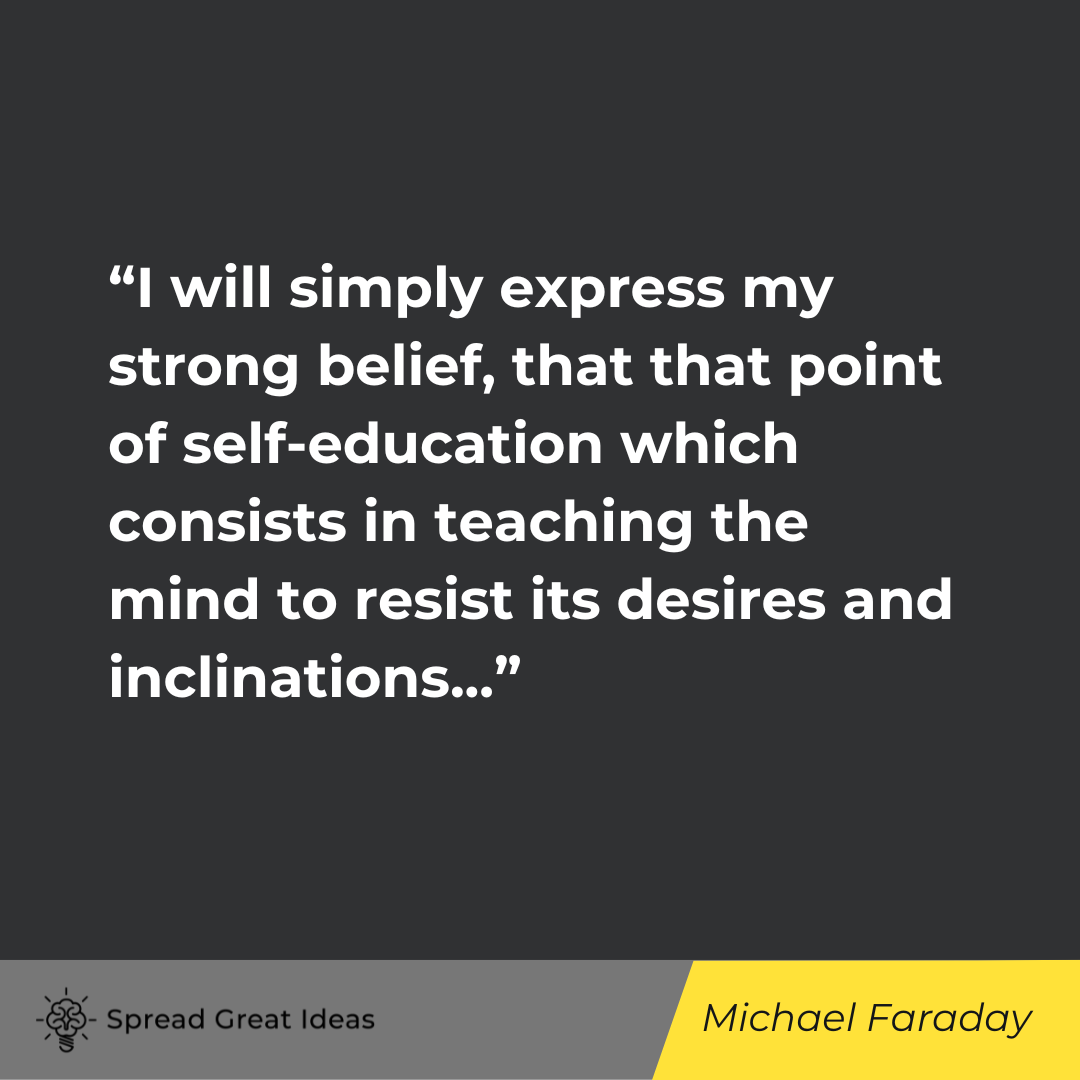
Johann Wolfgang von Goethe
“Everybody wants to be somebody; nobody wants to grow.”
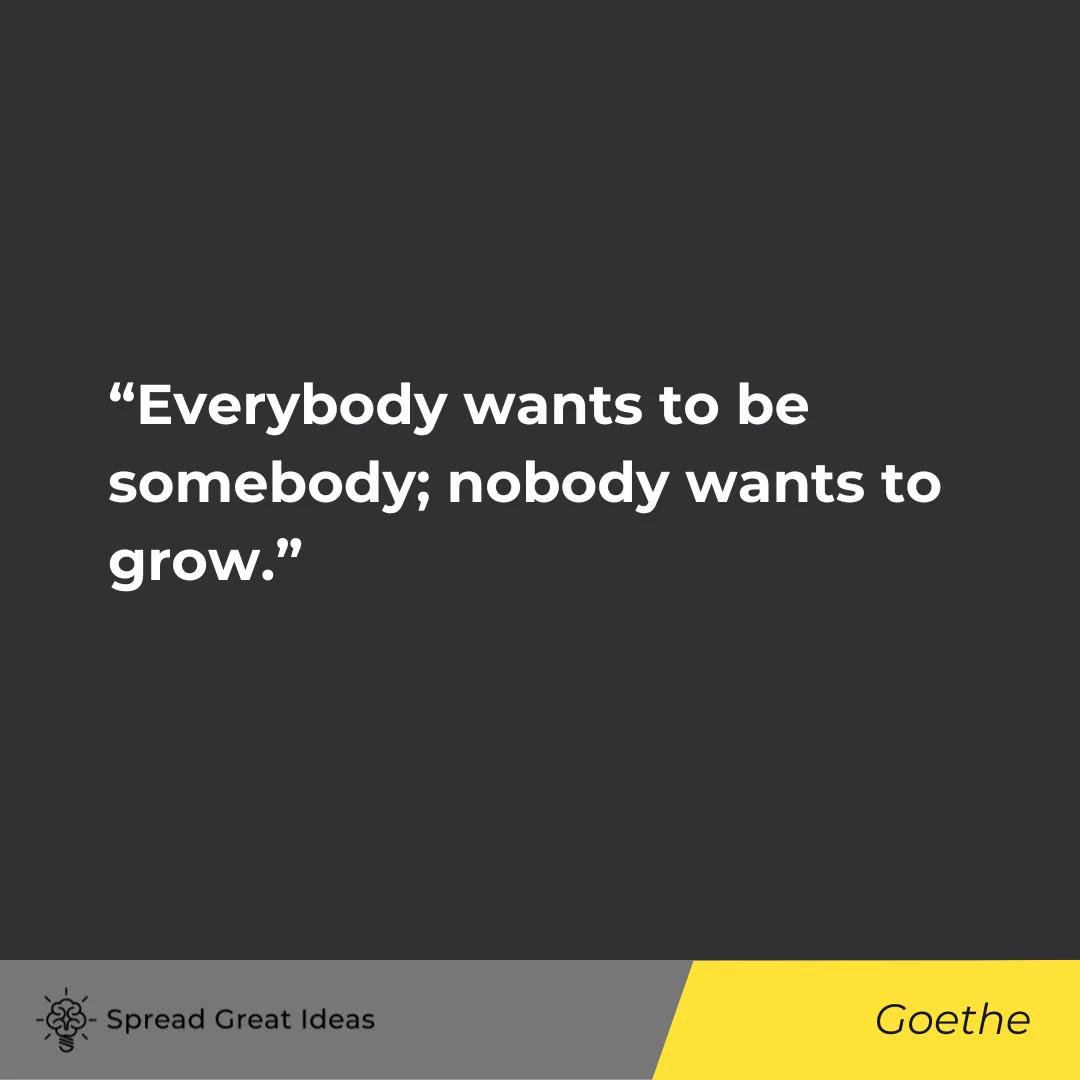
Oscar Wilde
“The aim of life is self-development. To realize one’s nature perfectly – that is what each of us is here for.”
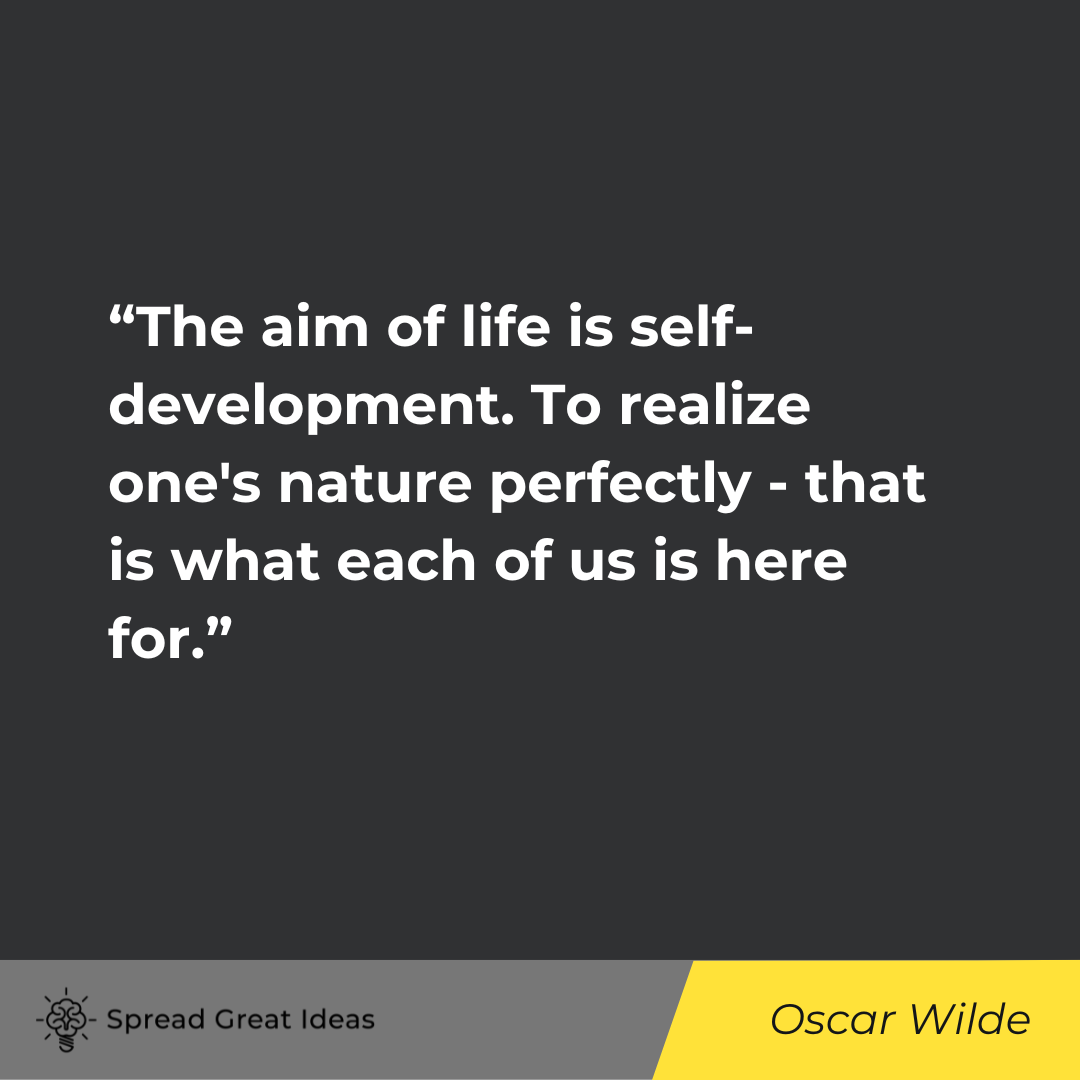
Jean-Paul Sartre
“We only become what we are by the radical and deep-seated refusal of that which others have made of us.”
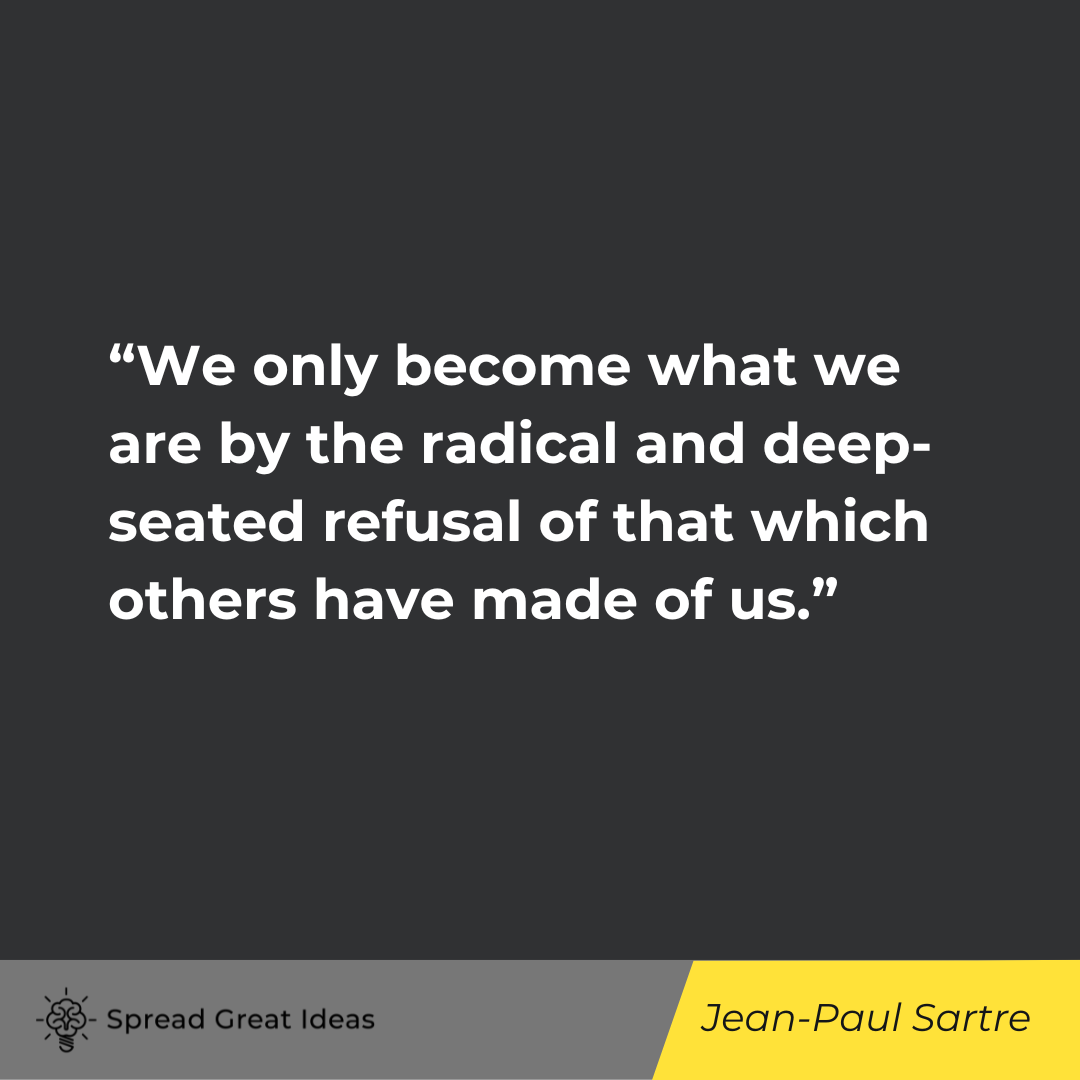
B. B. King
“The beautiful thing about learning is nobody can take it away from you.”
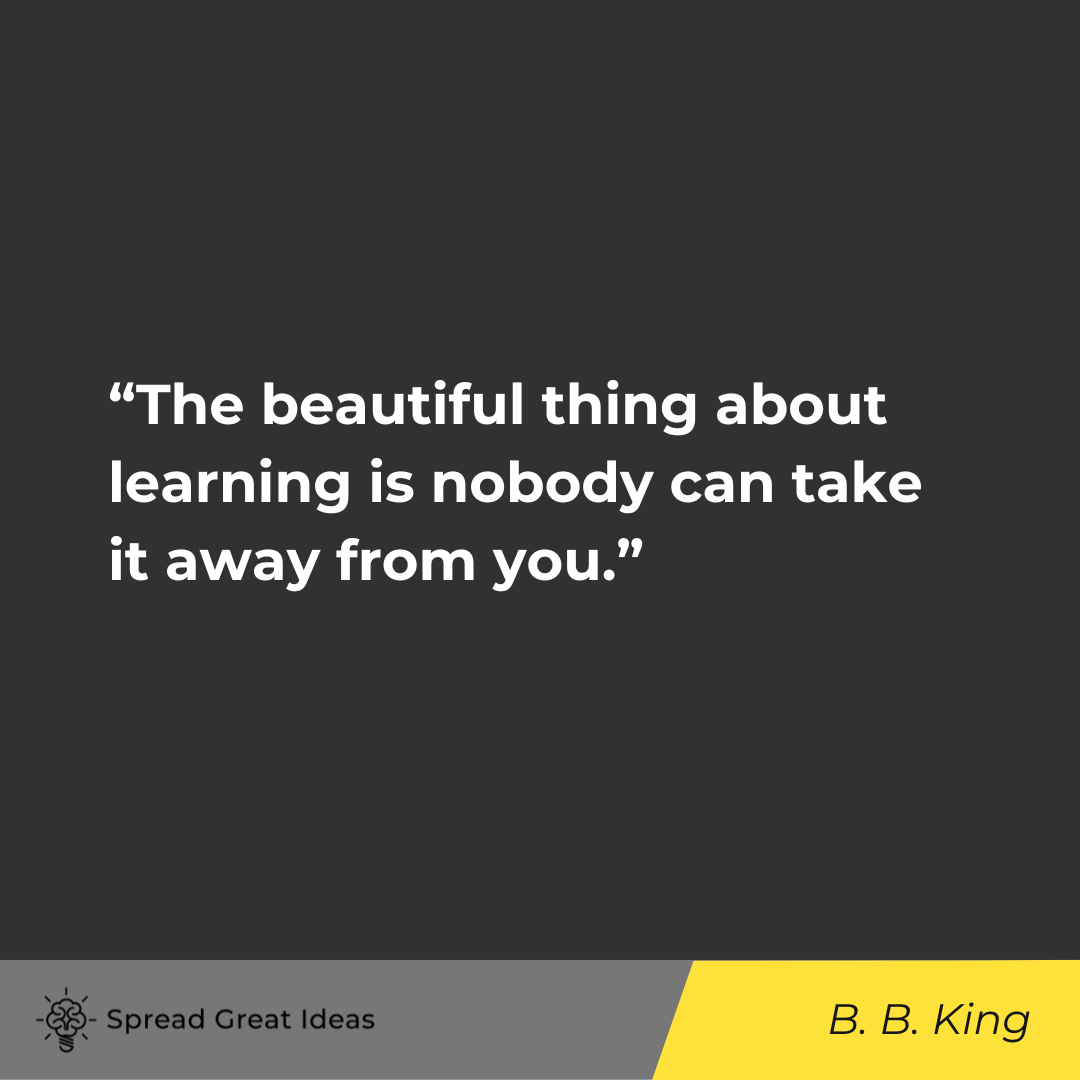
Abigail Adams
“Learning is not attained by chance, it must be sought for with ardor and diligence.”
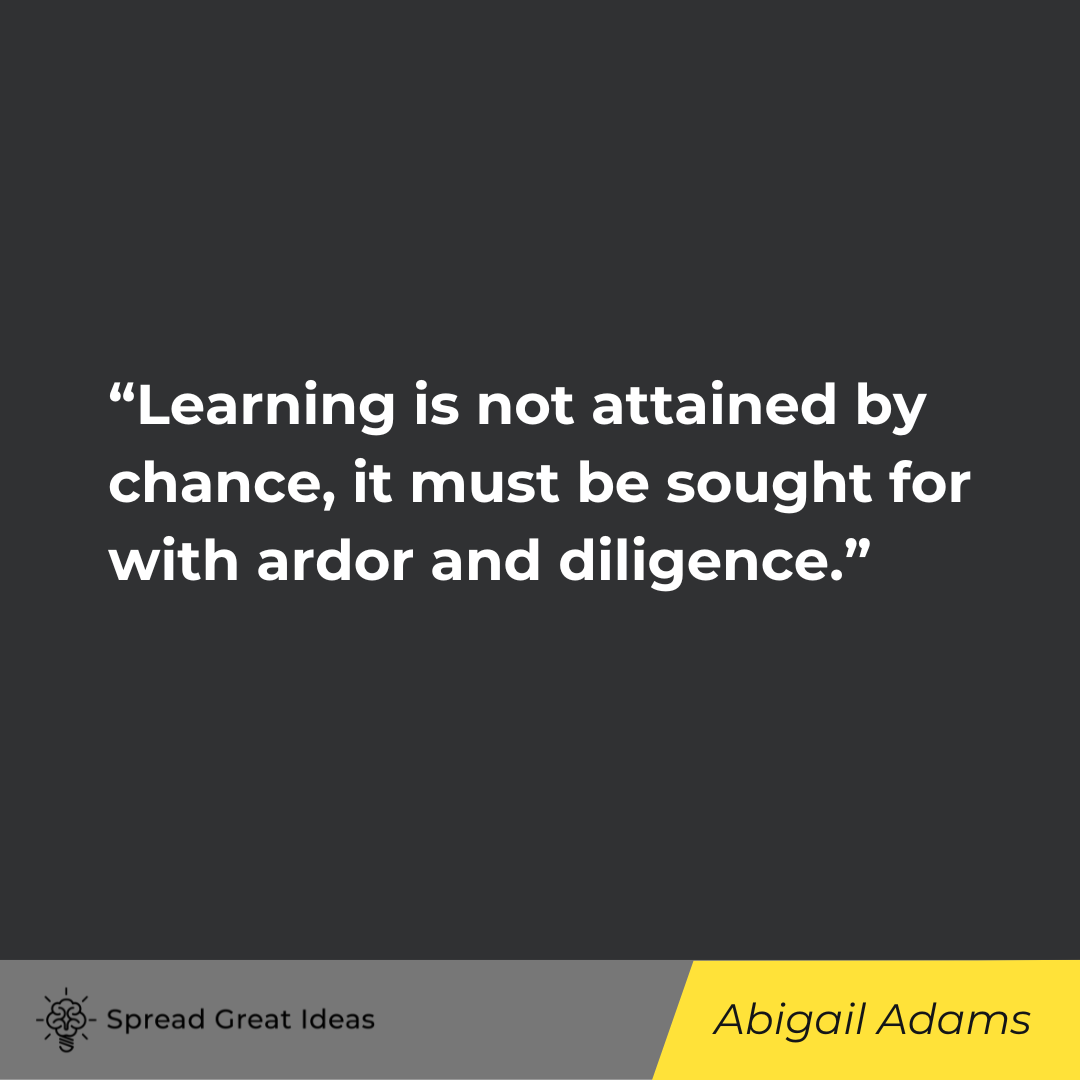
Miguel de Cervantes
“Make it thy business to know thyself, which is the most difficult lesson in the world.”
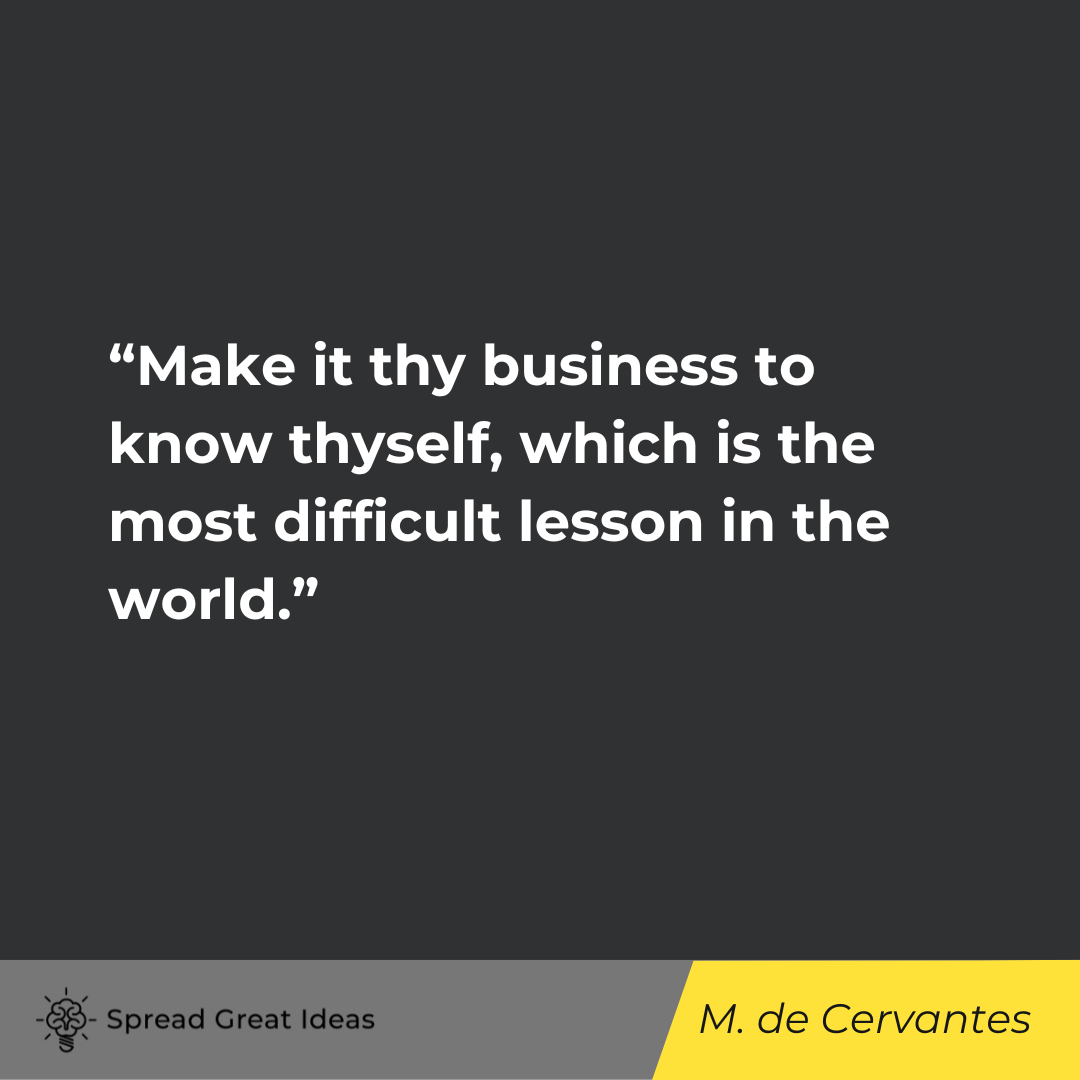
TheLorax
“Unless someone like you cares a whole awful lot, nothing is going to get better. It’s not.”
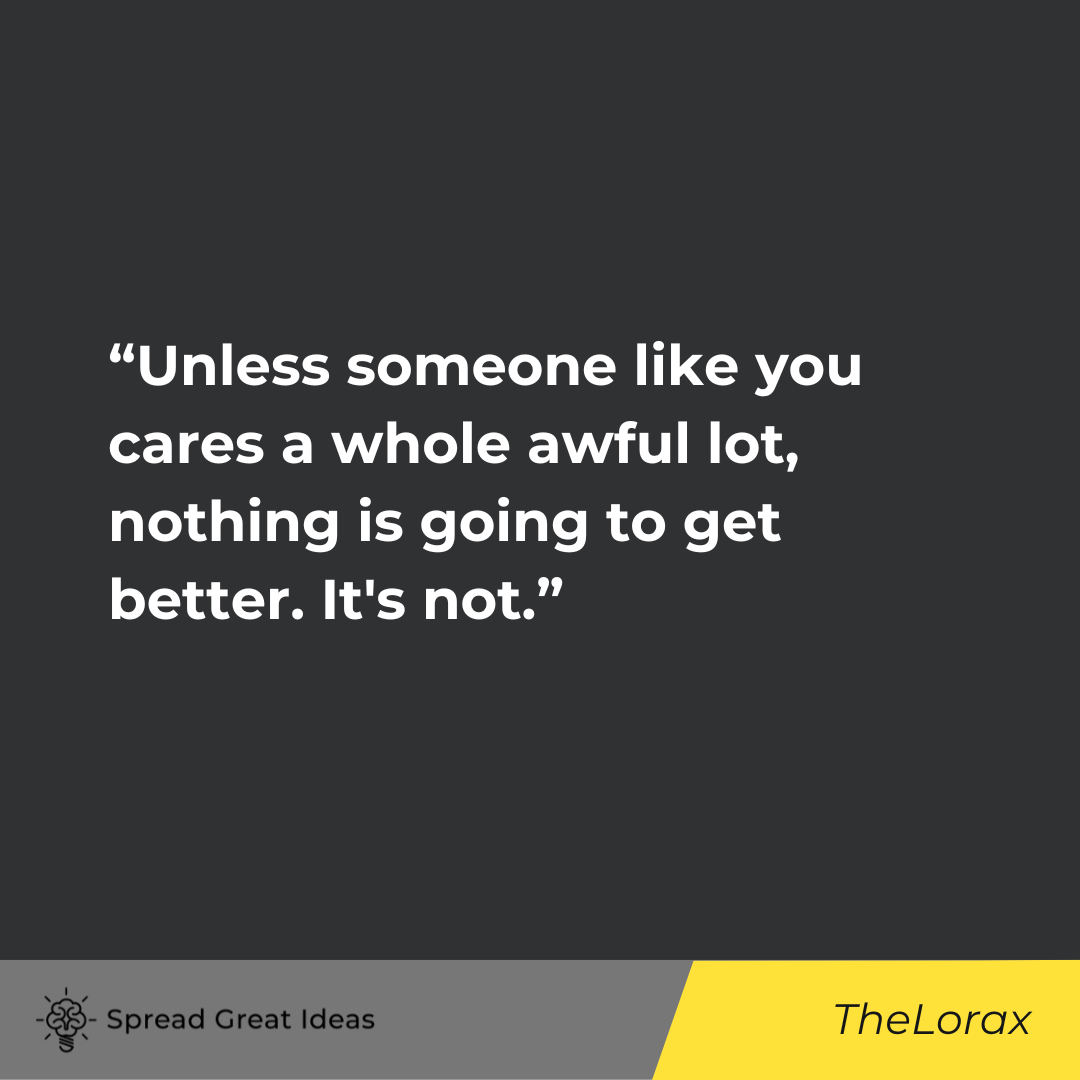
Saul Bellow
“Boredom is the conviction that you can’t change…the shriek of unused capacities.”
– Saul Bellow, The Adventures of Augie March
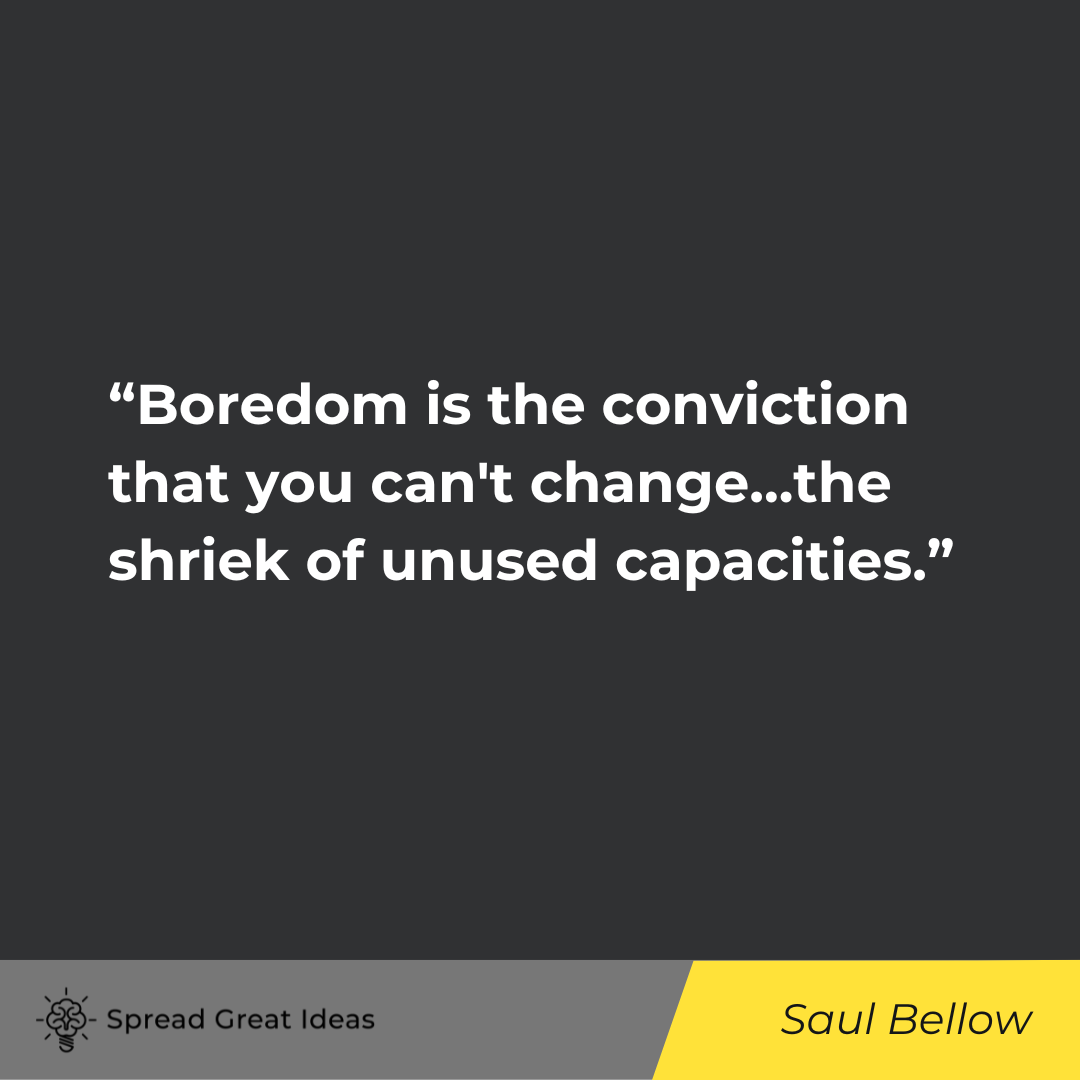
Stephen Hawking
“It surprises me how disinterested we are today about things like physics, space, the universe and philosophy of our existence, our purpose, our final destination. It’s a crazy world out there. Be curious.”
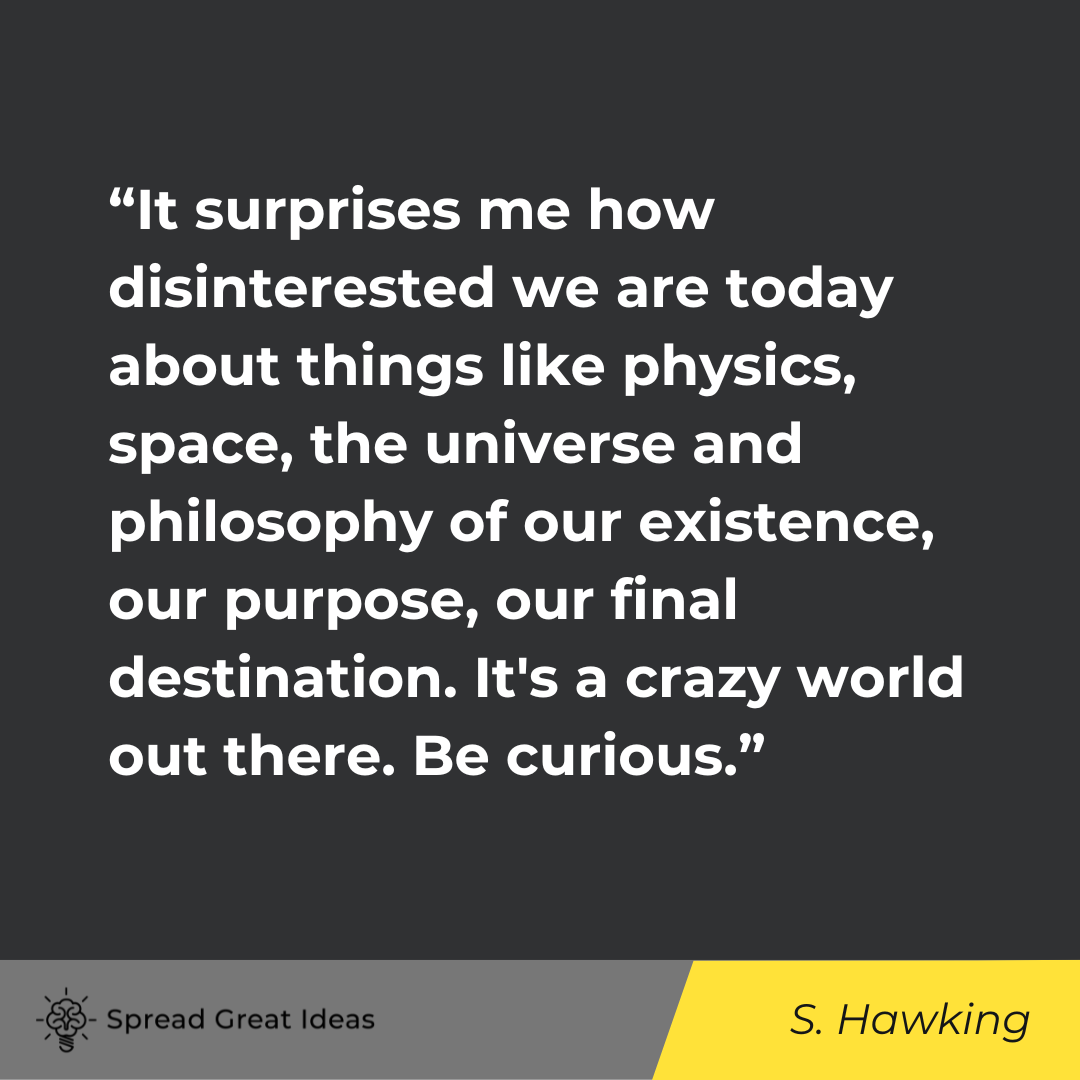
Napoleon Bonaparte
“Of all our institutions public education is the most important… We must be able to cast a whole generation in the same mold.”
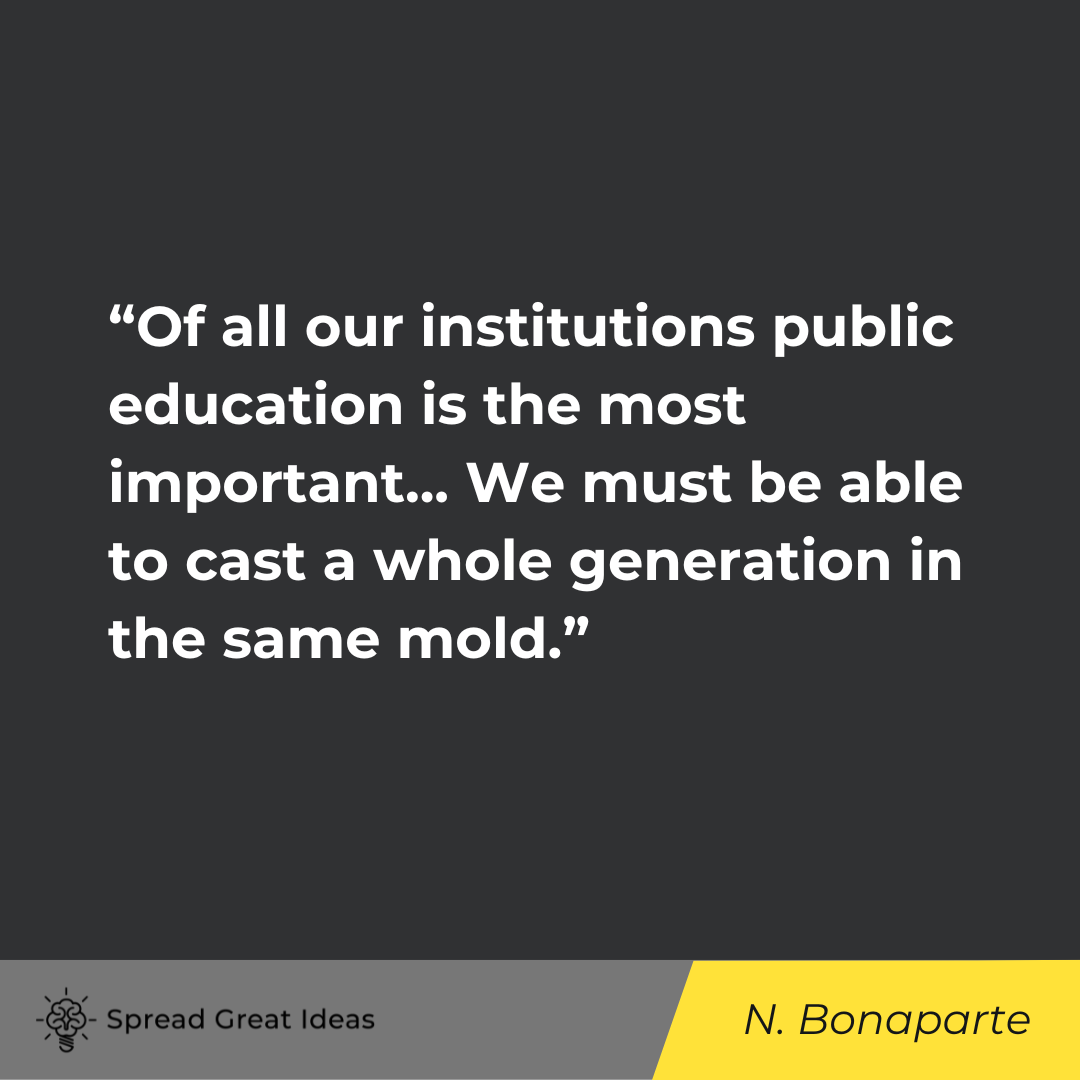
Carroll Quigley
“We no longer have intellectually satisfying relationships in our educational system, in art, or in anything else. Instead, we have slogans and ideologies.”
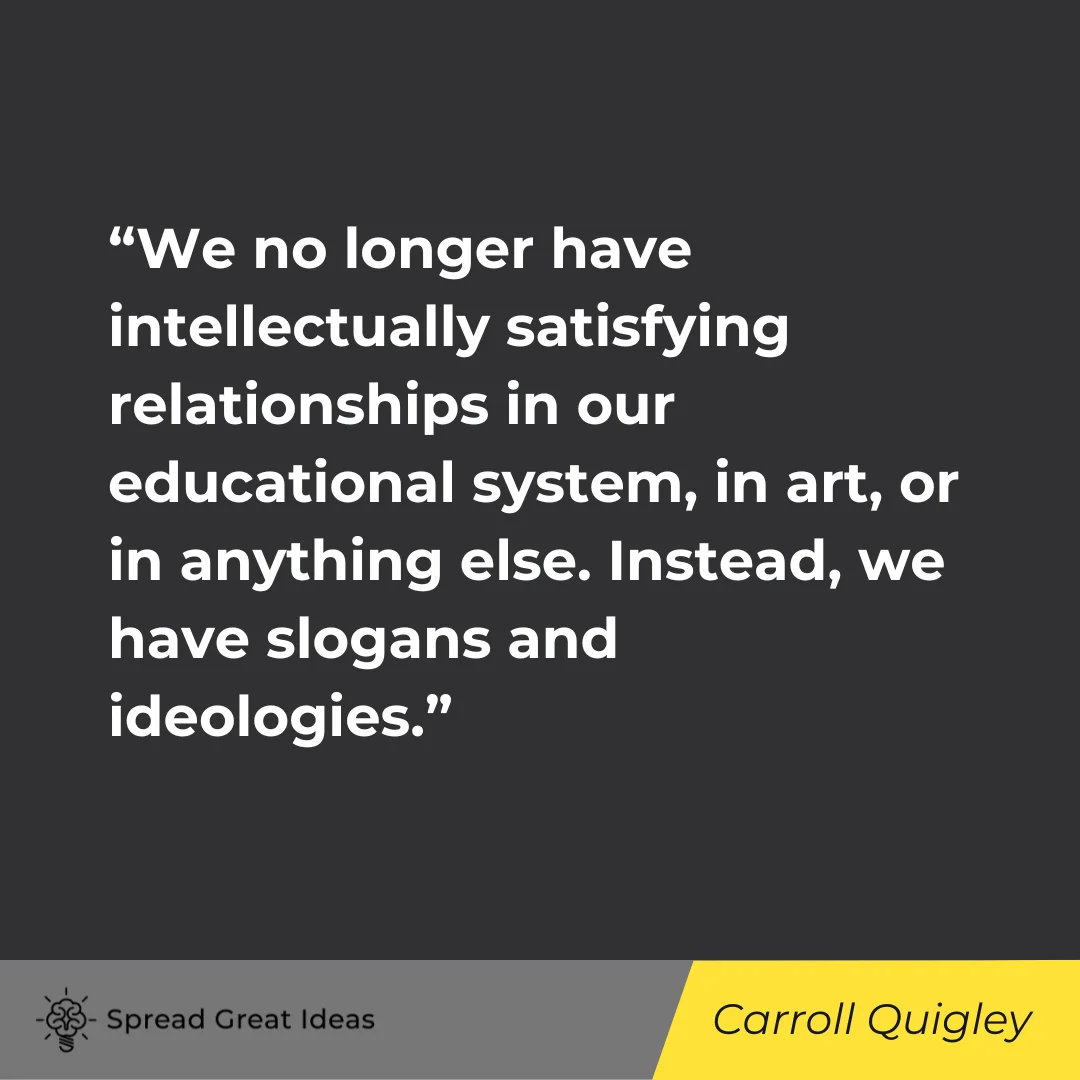
Harry J. Hogan
“Disintegration can be explained as the gradual transformation of social “instruments” into “institutions.” That is, changing social arrangements that meet real needs into social institutions that serve their own purposes. These institutions enforce a rigid and idealized version of reality and fight any changes to it. They do not allow the consideration of things outside their prescribed categories.
Nonetheless, the greatness of Western civilization is that it is engages in a constant effort to understand reality. It furthermore holds that the real world is constantly changing. As a result, we believe that our knowledge is always subject to improvement. And so reform is always possible to us.”
– Harry J. Hogan in Carroll Quigley’s “The Evolution of Civilizations”
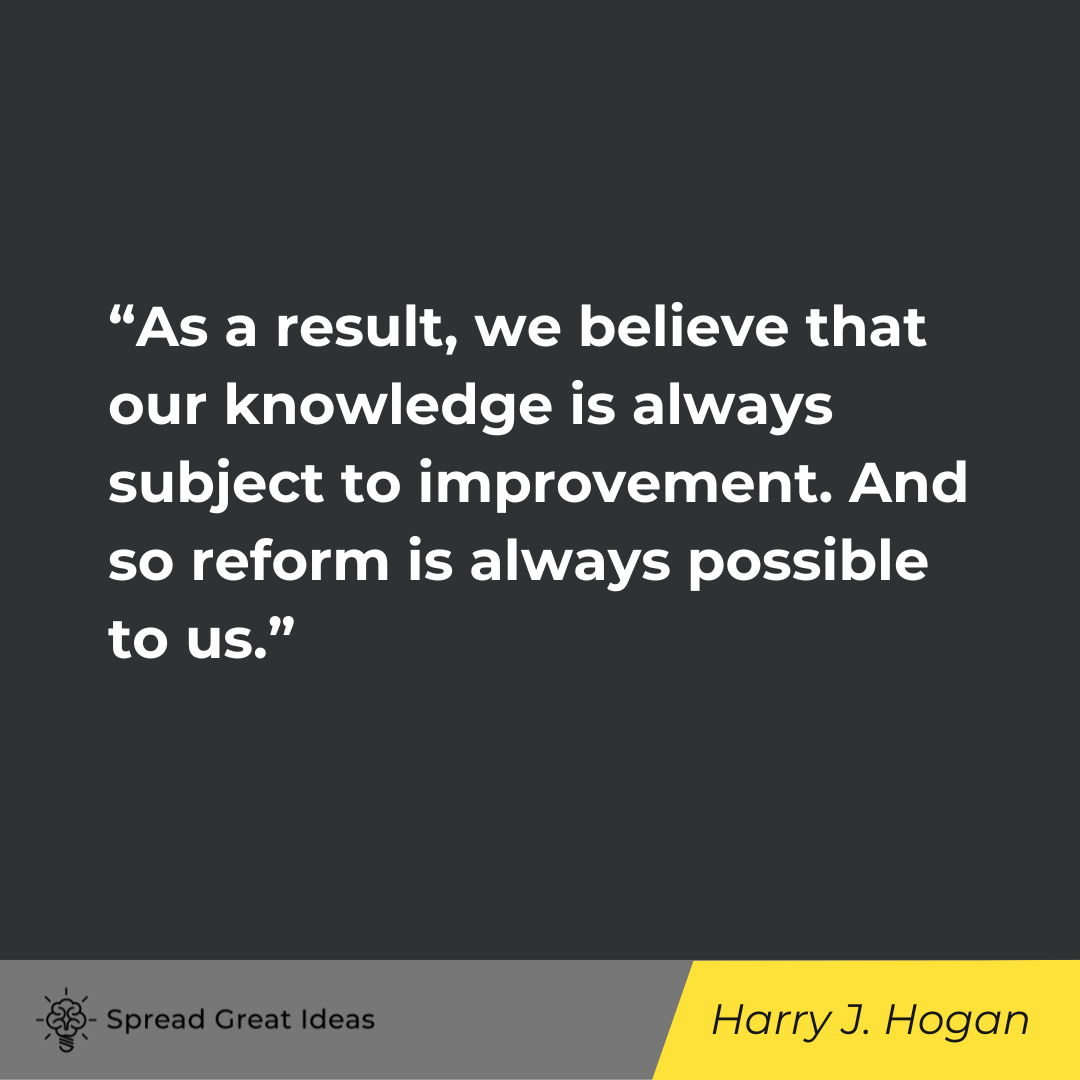
Mark Twain
“I have never let my schooling interfere with my education.”
